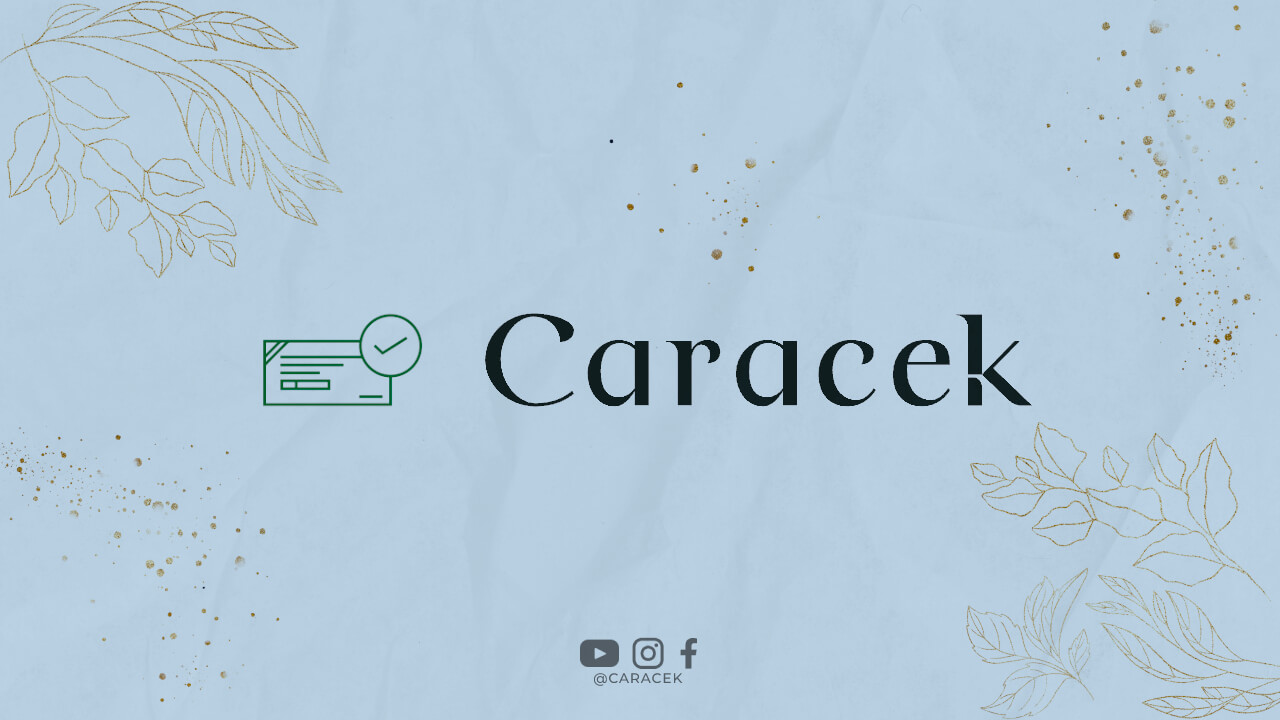Beauty is a concept that transcends language barriers. In Indonesian, the word for beautiful is “cantik”. But how exactly do we define “cantik” in English? Let’s explore the meaning of this word and its various interpretations.
The Literal Translation of Cantik
When we translate “cantik” into English, the word that comes closest in meaning is “beautiful”. However, it’s important to note that “cantik” encompasses more than just physical attractiveness. It also includes qualities like grace, elegance, and charm.
Physical Beauty
In the context of physical appearance, “cantik” refers to someone who possesses attractive features. This can include facial symmetry, clear skin, bright eyes, and a pleasing smile. “Cantik” is often associated with youthfulness and vitality.
It’s important to recognize that beauty is subjective and can vary across cultures and individuals. What one person finds attractive, another may not. However, the general consensus is that a “cantik” person is visually appealing.
Inner Beauty
While physical beauty is often the first thing that comes to mind when we think of “cantik”, it’s equally important to consider inner beauty. This refers to a person’s character, values, and personality traits.
A genuinely “cantik” person is not only physically attractive but also possesses qualities like kindness, empathy, and intelligence. Inner beauty radiates from within and has the power to enhance a person’s external appearance.
Beauty Standards in Different Cultures
Beauty standards vary across cultures, and what may be considered “cantik” in one culture may differ in another. For example, in Western societies, a slim figure and certain facial features may be idealized. In contrast, some Eastern cultures value different characteristics such as fair skin and delicate features.
It’s important to embrace and appreciate diverse beauty standards, recognizing that there is no one-size-fits-all definition of “cantik”. Beauty comes in all shapes, sizes, and colors.
Self-Confidence and Beauty
Feeling beautiful is closely tied to self-confidence. When someone feels confident and comfortable in their own skin, it enhances their overall attractiveness. Self-care, self-acceptance, and a positive mindset all contribute to feeling “cantik” from within.
It’s crucial to remember that beauty is not solely determined by external appearance but also by a person’s attitude and self-perception. Embracing your uniqueness and celebrating your individuality are key aspects of feeling “cantik”.
Beauty Rituals and Enhancements
Many individuals incorporate beauty rituals and enhancements into their daily lives to enhance their appearance and feel more “cantik”. This can include skincare routines, makeup application, and grooming practices.
It’s essential to approach these rituals and enhancements with a balanced mindset. While they can boost self-confidence, they should not define a person’s worth or become the sole focus of their identity. “Cantik” goes beyond external beauty and encompasses the whole person.
Appreciating the Diversity of Beauty
Beauty is not limited to any specific age, gender, or body type. It is a fluid concept that evolves over time. Each person has their own unique qualities that make them “cantik” in their own way.
By embracing diversity and rejecting narrow beauty standards, we create an inclusive and empowering environment where everyone can feel beautiful and valued. “Cantik” is not a fixed image but a celebration of the rich tapestry of human beauty.
The Power of Inner and Outer Beauty
In conclusion, “cantik” in English translates to “beautiful” but encompasses more than just physical appearance. It includes inner qualities, diverse cultural perceptions, self-confidence, and the appreciation of individuality.
True beauty lies in the harmonious combination of inner and outer qualities. By embracing and celebrating “cantik” in all its forms, we can foster a society that values and uplifts the beauty within each person.

